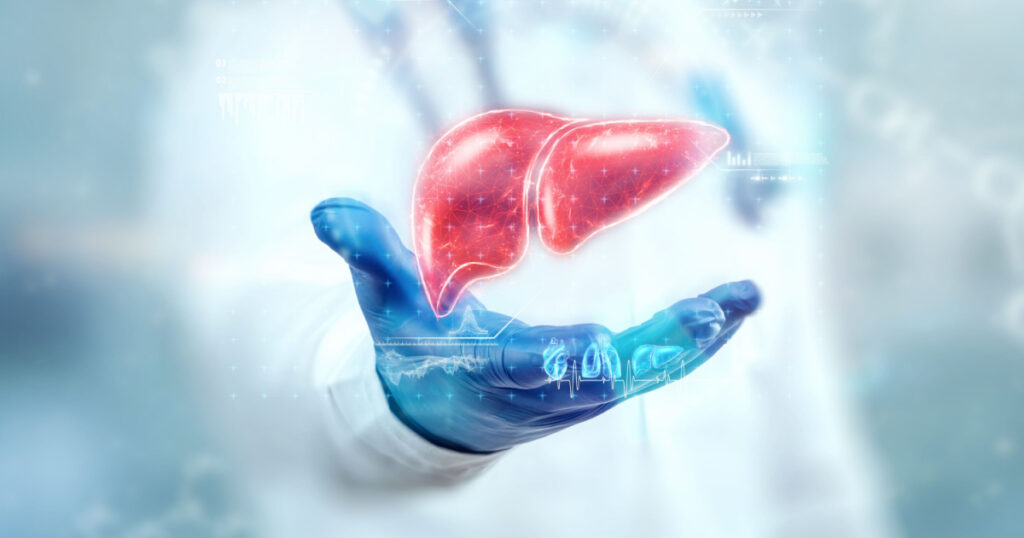Whether it’s the holiday season or a summer barbecue, alcohol has become a staple of social gatherings. From celebrating milestones to winding down after a long day, there always seems to be an occasion to raise a glass. While indulging in a drink or two might seem harmless, have you ever wondered how much better you might feel if you took a break? What if you went alcohol-free for 30 days? The results might surprise you.
The Culture of Drinking: A Modern Norm

In today’s society, drinking is often seen as a “must” at social events. Whether it’s your best friend’s birthday, a big game, or just a casual night out with friends, alcohol is usually part of the equation. But while a few drinks might help you relax and have fun, alcohol isn’t doing your body any favors. The question is, how much better would you feel if you took a break from booze?
Before diving into the benefits of quitting alcohol, it’s important to understand what alcohol does to your body. When you consume alcohol, your liver works hard to break it down, producing toxic byproducts like acetaldehyde and ethanoic acid. These substances are harmful to your tissues, and while your body can handle small amounts, excessive drinking puts a heavy strain on your liver, brain, heart, and other organs.
The First Steps of Sobriety
If you decide to quit alcohol for 30 days, your body will begin a remarkable journey of healing and recovery. From the first day, your liver starts to detoxify, your sleep improves, and your mental clarity sharpens. But that’s just the beginning.
Improved Liver Health

Your liver plays a crucial role in metabolizing alcohol, but excessive drinking can lead to liver damage. Conditions like fatty liver disease, alcoholic hepatitis, and even cirrhosis can develop over time. However, within just 30 days of sobriety, your liver begins to repair itself. Inflammation decreases, liver function improves, and the risk of long-term damage diminishes.
Better Sleep Quality

While alcohol might help you fall asleep faster, it disrupts the restorative REM stage of sleep, leaving you feeling groggy and unrefreshed. By quitting alcohol, your sleep patterns can normalize, leading to deeper, more restorative sleep. As a result, you’ll wake up feeling more energized and ready to tackle the day.
Weight Loss and Better Metabolism

Alcohol is packed with empty calories—7 calories per gram, to be exact. When you cut out alcohol, you eliminate these excess calories from your diet. Plus, alcohol can trigger hunger and impair your judgment, leading to poor food choices. During a 30-day alcohol-free period, many people experience weight loss and improved metabolic function as they make healthier eating choices.
Enhanced Mental Health

Alcohol is a depressant that can exacerbate feelings of anxiety and depression. When you stop drinking, your brain chemistry begins to rebalance, leading to improved mood and reduced anxiety. Many people find that they feel more emotionally stable and resilient after just a few weeks of sobriety.
Increased Energy and Hydration

Alcohol is a diuretic, which means it dehydrates your body. When you quit drinking, your body’s hydration levels return to normal, leading to increased energy, better concentration, and improved physical performance. You might also notice that your skin looks healthier and more radiant as your body becomes better hydrated.
Reduced Risk of Chronic Diseases

Excessive alcohol consumption is linked to a higher risk of chronic diseases, including heart disease, liver disease, and certain cancers. By giving up alcohol for 30 days, you significantly reduce your risk of developing these conditions. Your body gets a chance to heal and rejuvenate, which can have long-lasting benefits for your overall health.
Healthier Skin and Appearance

Alcohol dehydrates your skin and can lead to inflammation, resulting in premature aging, acne, and other skin issues. When you stop drinking, your skin begins to recover, becoming more hydrated and clear. You might also notice other improvements in your appearance, such as reduced puffiness and healthier hair.
Improved Overall Well-Being

The benefits of quitting alcohol extend beyond physical health. Many people report feeling happier, more focused, and more productive after going alcohol-free for 30 days. Relationships improve, work performance increases, and overall life satisfaction rises. The positive changes you experience might inspire you to continue living a healthier lifestyle long after your 30-day challenge ends.
Go Sober, Feel Better

Taking a break from alcohol for 30 days can have a profound impact on your body and mind. From improved liver health to better sleep and enhanced mental clarity, the benefits are numerous and far-reaching. While the journey may come with challenges, the rewards are well worth the effort. Even if you’re not ready to give up alcohol entirely, cutting back can lead to significant improvements in your health and well-being.
One of the biggest challenges of quitting alcohol is learning how to unwind, celebrate, and socialize without it. But as you go through your 30-day journey, you’ll discover new ways to enjoy life without relying on alcohol. Whether it’s finding new hobbies, connecting with friends in different settings, or simply enjoying the clarity that comes with sobriety, you’ll find that life can be just as fun—if not more so—without alcohol.
Embarking on a 30-day alcohol-free challenge can transform your health, both physically and mentally. From boosting liver function to enhancing mental clarity, the benefits of sobriety are undeniable. By giving your body a break from alcohol, you allow it to heal, repair, and rejuvenate, setting the stage for a healthier and happier life. So why not give it a try? You might be surprised at how much better you feel after just 30 days.


